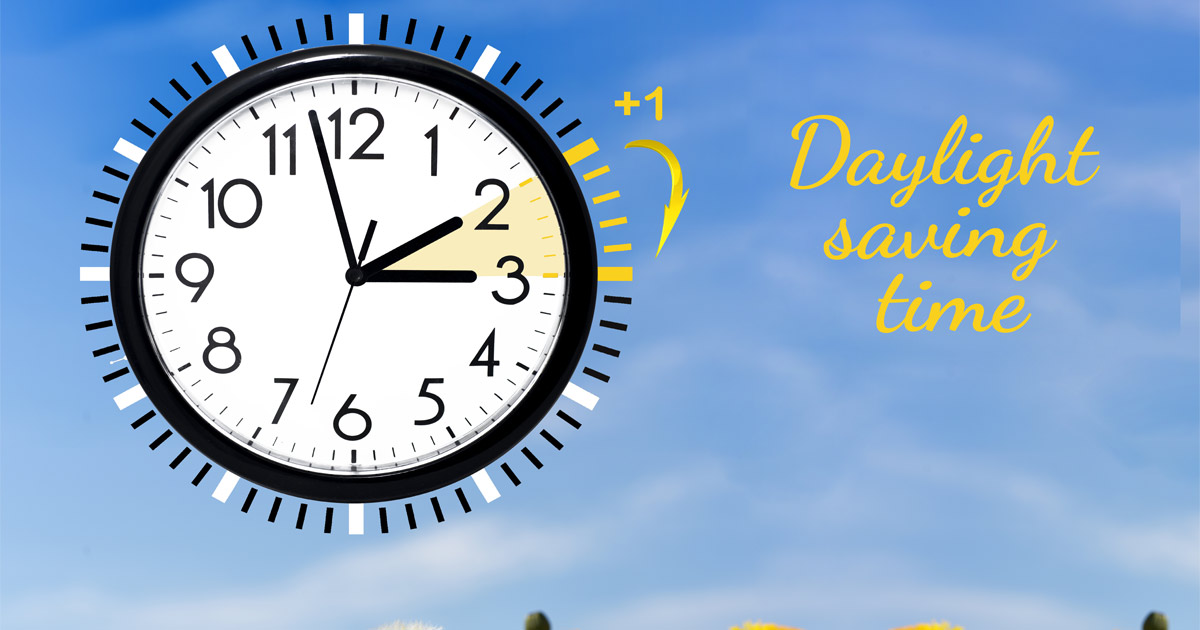MENU
- Home
- Overview
- Attorneys
- Practice Areas
- Firm News
- Blog
- Contact

Once again, Delaware residents will be turning their clocks ahead one hour on the second Sunday of March at 2:00 am. Daylight saving time (DST) not only causes disturbed sleep patterns but also a rise in car accidents, according to a new study by researchers at the University of Colorado Boulder.
The study reports that DST is associated with a surge in fatal car crashes. Previous studies have shown a link between DST and increased car accidents, but this study is the largest of its kind with researchers analyzing 732,835 accidents from 1996 to 2017.
Researchers found that the springtime switch leads to negative health and safety impacts, mainly fatal traffic accidents. During the workweek following the switch in spring, fatal car accidents spiked six percent. In 2007, the Energy Policy Act changed DST from the second Sunday in April to the second Sunday in March, the spike moved accordingly. In both instances, the rise in fatal accidents occurred immediately after the beginning of DST, typically during the morning hours.
Also, people who reside in western time zones acquire less sleep due to late sunrise and sunset; in those areas, the spike in fatal accidents was eight percent. It is estimated that 627 people died in car accidents associated with the spring shift. It is predicted that approximately 28 fatal car accidents could be prevented each year if the DST transition was abolished.
Delaware drivers should be aware of the risks associated with the upcoming DST transition. Just one hour of lost sleep can impair driving performance and lead to drowsy driving accidents. The National Highway Traffic Safety Administration (NHTSA) reports that there were 795 deaths that were caused by drowsy driving in 2017. Fatigue combined with driving to work in the dark is an especially dangerous combination; drowsy driving crashes occur most frequently between midnight and 6:00 am.
On the night of the change, be sure to go to bed early and get plenty of sleep. Other drivers may be fatigued, especially commercial drivers, those who work night shifts, and those who work on weekends; therefore, it is important to be extra cautious during the week following the shift.
Signs of drowsiness include frequent yawning or blinking, missing your exit, having difficulty remembering the last few miles you drove, and drifting from your lane. If you feel sleepy, pull over to a safe rest area for a few minutes before continuing your commute. To avoid drowsy driving car accidents, the NHTSA advises drivers to stick to a normal sleeping schedule and get adequate sleep.
If you were injured in a drowsy driving accident, you may be eligible to collect compensation. Drowsy driving is dangerous, so it is crucial to be extra cautious around the DST transition. Our dedicated Wilmington car accident lawyers at Jacobs & Crumplar, P.A. will help you get the compensation you deserve and will hold the responsible party accountable. Contact us online or call us at 302-656-5445 to schedule a free consultation. From our offices in Wilmington and Millsboro, Delaware, we also serve clients in Dover, New Castle County, and Sussex County.